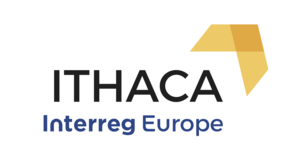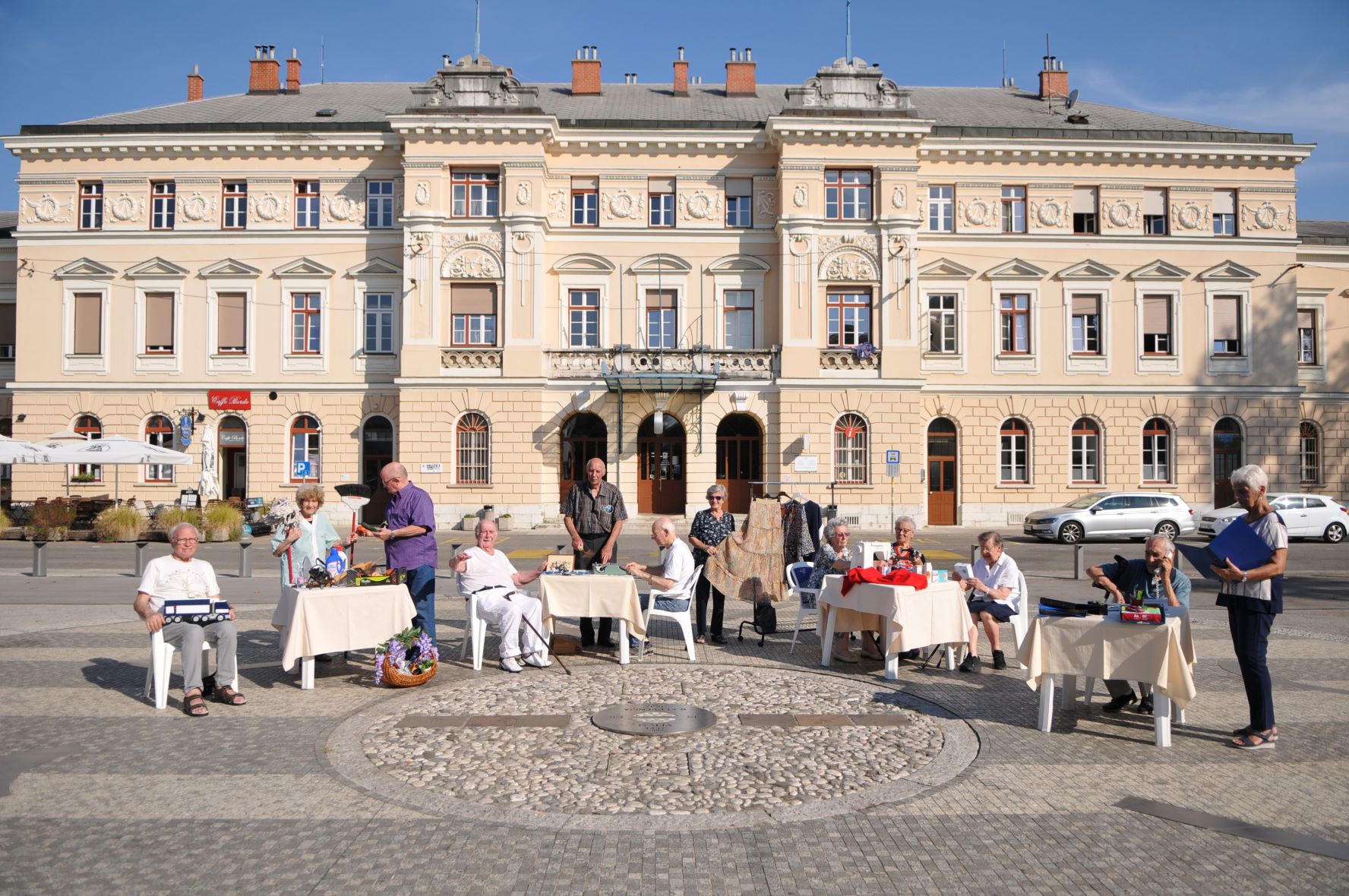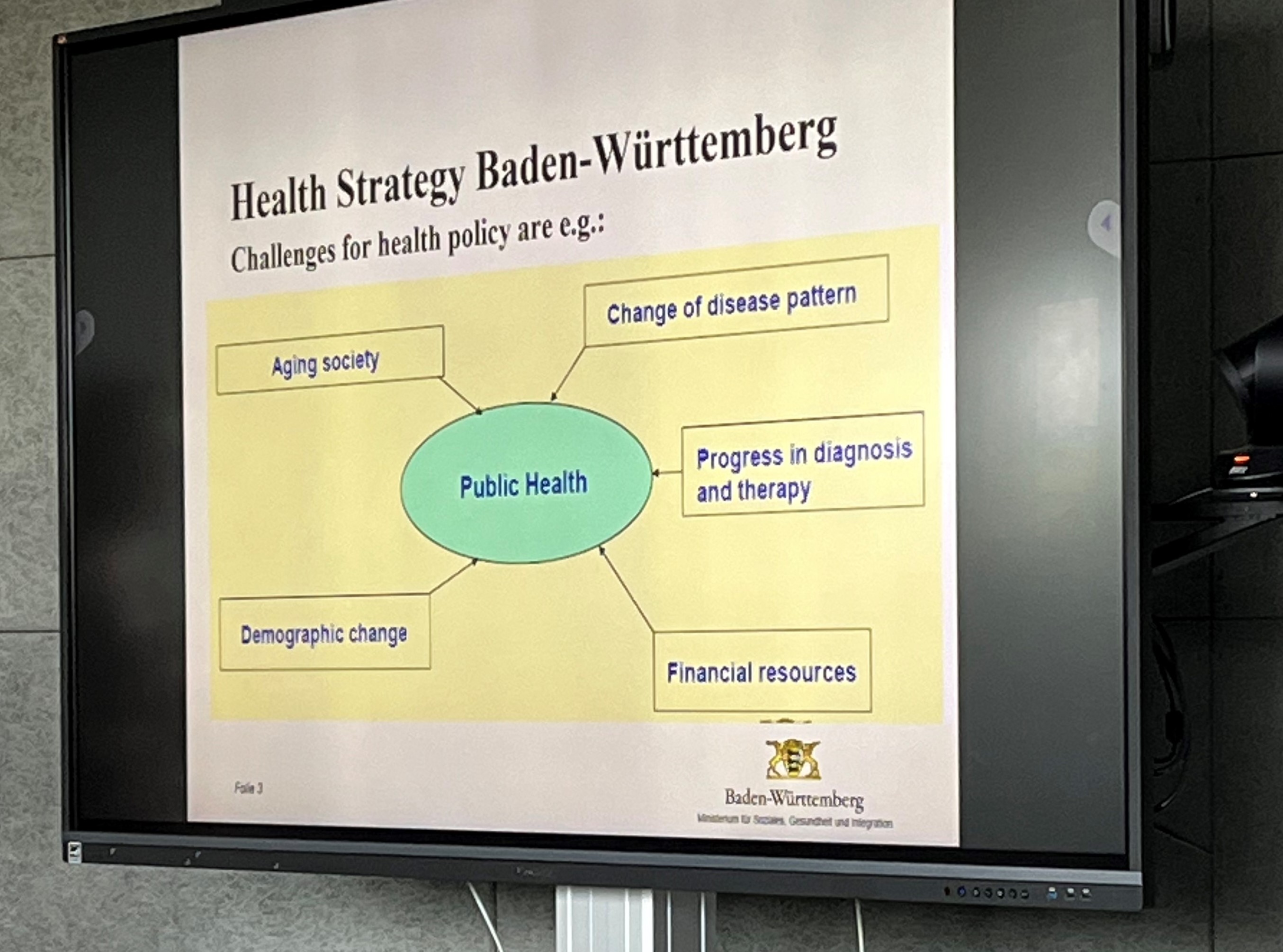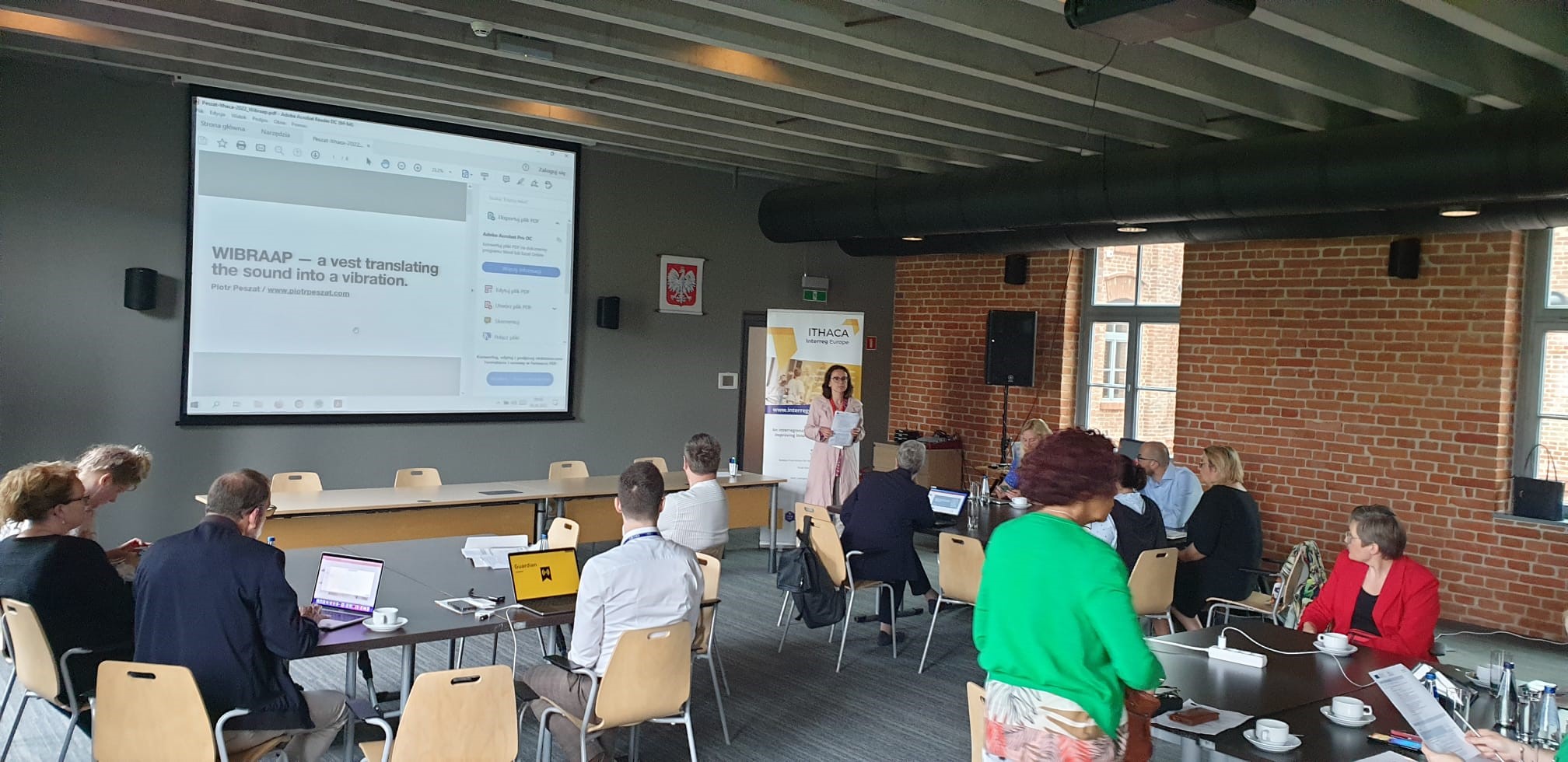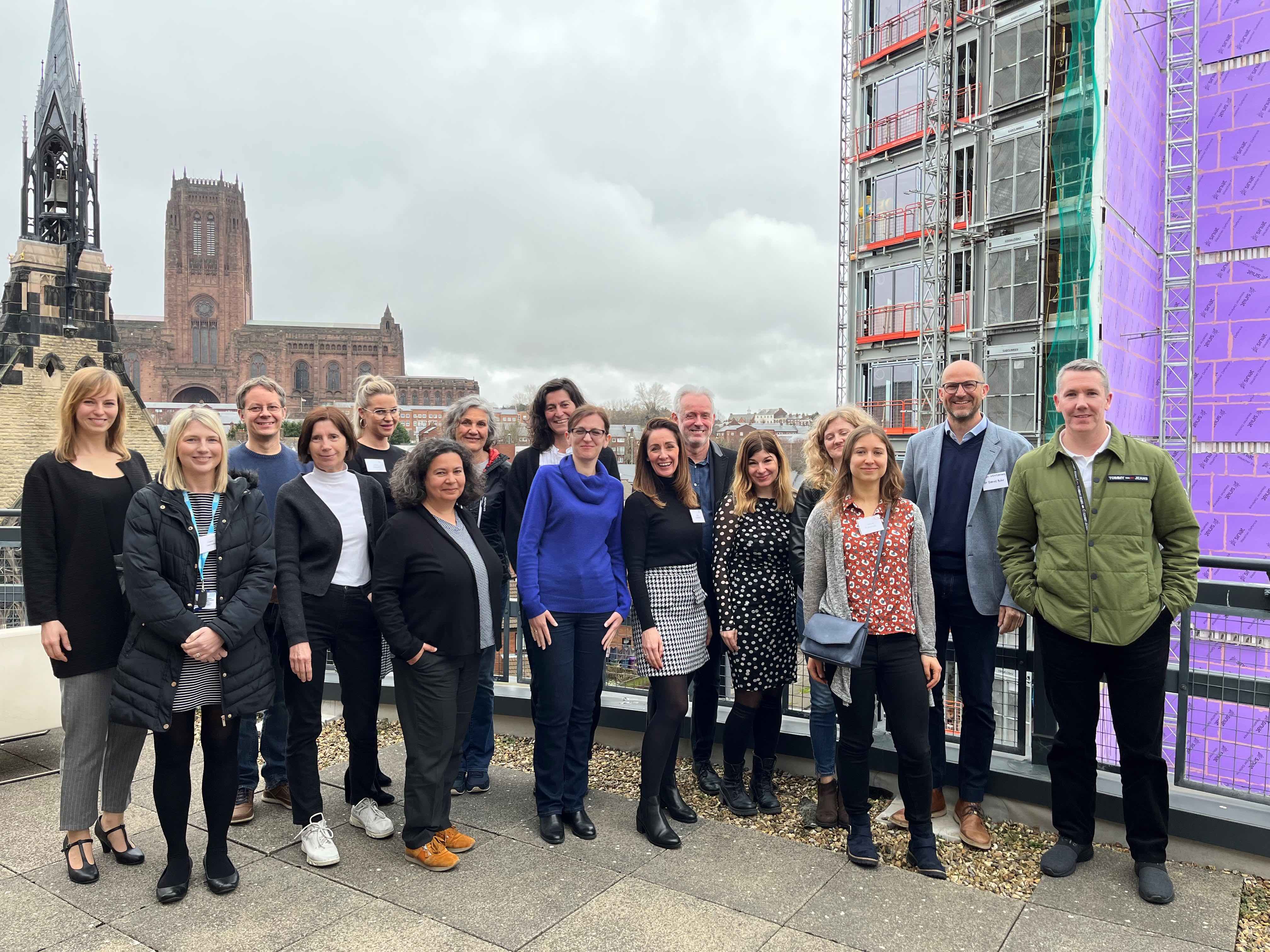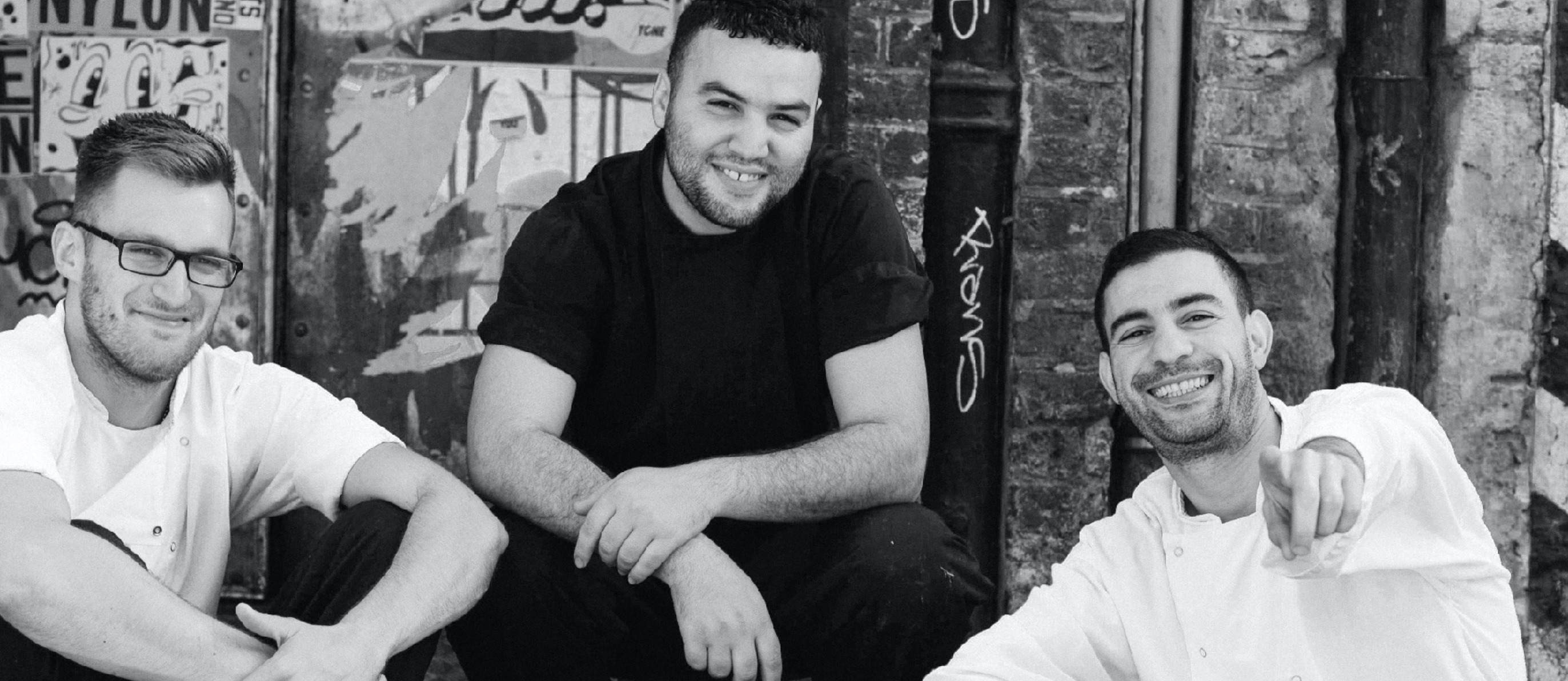See videos, read what Liverpool and Zealand have shown their guests - and last but not least, what they have learned from the feedback at the infamous peer evaluation sessions.
The first edition of the ITHACA newsletter takes you through the first two peer evaluation events in Liverpool and Zealand, respectively.
The newsletter can be downloaded here.
